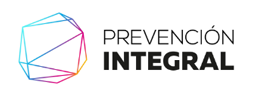

Professor of Organizational Psychology at the Faculty of Management, Technion – Israel Institute of Technology. Dov Zohar published the original paper on Safety Climate in 1980, which defined the concept and offered a measurement scale that has been translated into more than 15 languages, becoming the standard in this field. Since then, Dov has conducted numerous research and consulting projects in various countries around the globe that have been published in more than 50 scientific and professional journals and books. His recent work focuses on development of industry-specific measurement scales and new strategies for safety leadership development and safety culture improvement. Dov’s work has won the Human Factors & Ergonomics Awards for the Outstanding Scientific Contribution in 1981 and 1982, CDC/NIOSH Best Safety Intervention Awards in 2003 and 2013, and the American Psychological Association Lifetime Achievement Award in 2008. He was also elected as a Fellow of the Society of Industrial and Organizational Psychology.
The talk will describe a strategy for improving worker safety behavior, using two factors that have been scientifically found to have the strongest effect on it, i.e. safety leadership and safety culture. My strategy is cost effective, simple to implement, and scientifically supported.

Safety leadership concerns the application of generic leadership skills in the service of followers’ safety performance. My intervention is based on three influence tactics: (a) setting of daily (behavioral safety) goals whose nature depends on current work assignments (specify do’s and don’ts behaviors); (b) conducting daily monitoring rounds (workarounds) for observing worker job performance and its proximity to safety goals set at the beginning of work; and (c) providing immediate consequences for observed worker behavior (i.e. supportive feedback and recognition for safety compliance, or negative feedback and on-the-spot coaching for observed safety violations).
Safety climate/culture concerns the subjectively perceived priority or importance of acting safely as assessed by workers in each production unit. When workers come to recognize that work safety is no less important than productivity or cost-cutting, they will act accordingly, resulting in higher safety performance. Given the robust scientific support for safety climate as the best predictor of safety behavior, safety climate scores have been widely adopted as a reliable and measurable safety metric. My intervention (a) Uses monthly safety climate surveys, using brief climate scales that take few minutes to complete; (b) Climate surveys are sent to a randomly chosen sample of workers in each production unit; (c) Climate scores will be offered as feedback, allowing production unit managers to compare their scores with the mean score of the other unit managers, as well as with the climate goals they have set for themselves on the previous feedback session. Intervention results: Results of Interventions using this strategy will be presented.


